Treatment options for immune thrombocytopenia (ITP)
Learn what therapies can improve platelet counts in patients with ITP.
Updated on October 14, 2024
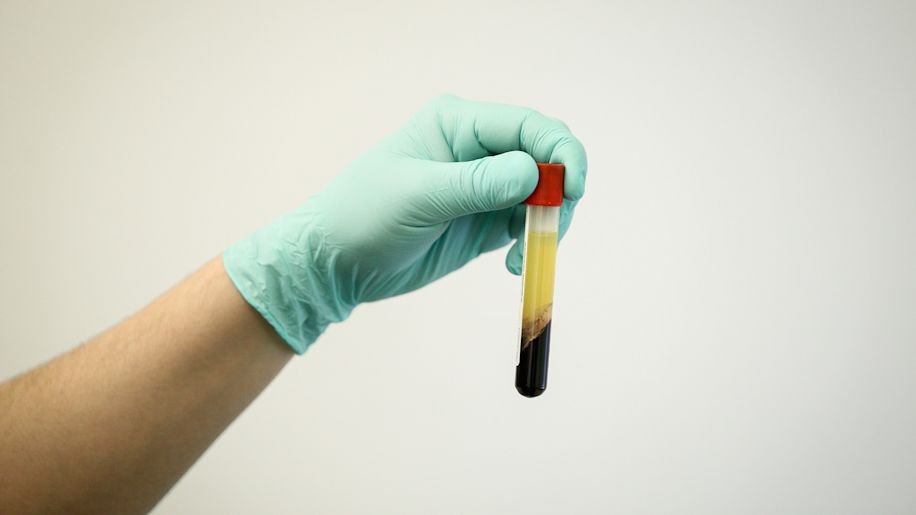
Immune thrombocytopenia (ITP) is a condition where the immune system targets and destroys platelets. Platelets are small cell pieces in the blood that form clots to stop bleeding when there is an injury. ITP causes platelet counts to become too low, which can result in numerous bleeding symptoms. These can include bleeding excessively from injuries, bruising easily, or… Show More
Immune thrombocytopenia (ITP) is a condition where the immune system targets and destroys platelets. Platelets are small cell pieces in the blood that form clots to stop bleeding when there is an injury. ITP causes platelet counts to become too low, which can result in numerous bleeding symptoms. These can include bleeding excessively from injuries, bruising easily, or bleeding for no noticeable reason.
ITP is different for everyone. In some cases, the only treatment required is monitoring. Patients who experience a bleed or injury may require hospitalization and platelet transfusions.
For others, low platelet counts from ITP can persist for years and require ongoing therapy. The right treatment for ITP will depend on a number of factors, including a person’s:
- Age
- Platelet count
- Symptoms
- Medical history
- Career
- Lifestyle
Here are different treatment options for adults who have been diagnosed with ITP.
Show Less
Corticosteroids
Corticosteroids are different than anabolic steroids, which are used to build muscle and boost athletic performance. Corticosteroids are drugs are used to help reduce inflammation and treat a wide variety of conditions, including asthma, allergies, and arthritis. They also reduce the activity of… Show More
Corticosteroids are different than anabolic steroids, which are used to build muscle and boost athletic performance. Corticosteroids are drugs are used to help reduce inflammation and treat a wide variety of conditions, including asthma, allergies, and arthritis. They also reduce the activity of the immune system. In people with ITP, this slows the response that destroys blood platelets, which allows platelet counts to increase.
The corticosteroids that are prescribed for ITP are taken as pills. They are a first-line therapy prescribed for ITP. Long-term or repeated use can cause numerous side effects and is not recommended.
Show Less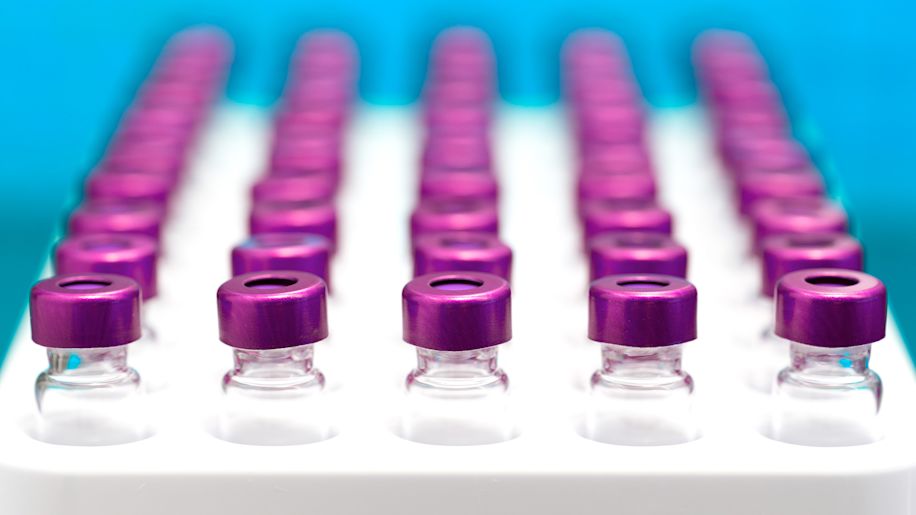
Immunoglobulin
Immunoglobulin is another first-line therapy. It’s a blood product given intravenously (via IV) that can help support the immune system and treat conditions where it attacks healthy cells, including ITP. Two types, IVIG and anti-D immune globulin, can be prescribed for short-term treatment of ITP.
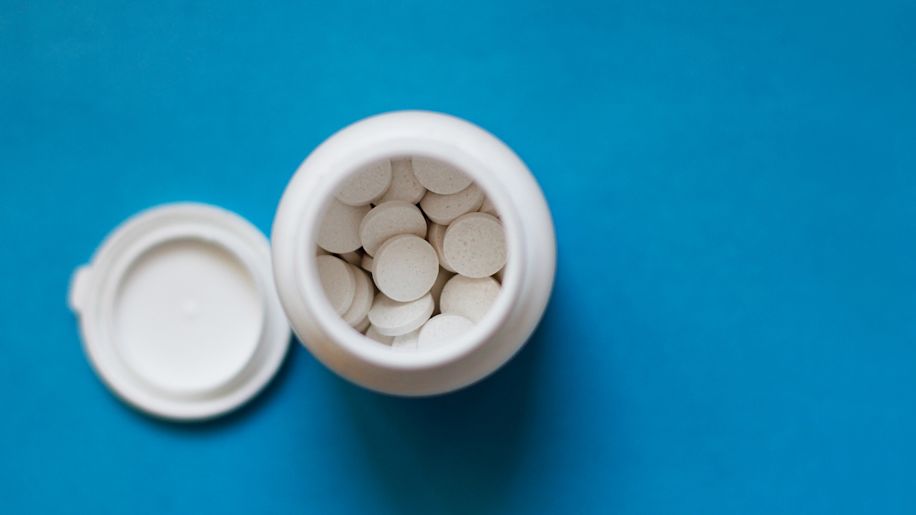
Immunosuppressant Drugs
Immunosuppressant drugs are drugs that disrupt certain functions of the immune system. They are prescribed for a number of different health conditions, including autoimmune diseases like psoriasis, lupus, Crohn’s disease, and multiple sclerosis.
Though not approved for treating ITP, certain… Show More
Immunosuppressant drugs are drugs that disrupt certain functions of the immune system. They are prescribed for a number of different health conditions, including autoimmune diseases like psoriasis, lupus, Crohn’s disease, and multiple sclerosis.
Though not approved for treating ITP, certain immunosuppressant drugs have nonetheless been prescribed to treat ITP, with some promising responses. These drugs increase the risk of infections and some types of cancers and cannot be taken by pregnant women.
Show Less
Other Medications
There are a number of other medications that are used to treat ITP. These are given as second- or third-line treatments when other treatments have not worked. They include:
- Chemotherapy drugs, which are a staple of cancer treatment, but can be useful in treating ITP due to their ability to … Show More
There are a number of other medications that are used to treat ITP. These are given as second- or third-line treatments when other treatments have not worked. They include:
- Chemotherapy drugs, which are a staple of cancer treatment, but can be useful in treating ITP due to their ability to regulate cell production.
- Spleen tyrosine kinase (SYK) inhibitors, which help prevent the immune system from destroying platelets.
- Thrombopoietin receptor agonist drugs, which boost platelet production in the bone marrow.
There are several other therapies that are being studied as treatments for ITP, including combination therapies. That’s when two or more medications are taken at the same time. Some of these are being tested in clinical trials.
Show Less
Surgery
Surgery to remove the spleen, called splenectomy, is another treatment option for ITP. Why the spleen? The spleen is where the antibodies (proteins) that attack platelets are produced.
In previous decades, surgery was a go-to treatment if ITP did not respond to corticosteroids. It has proven… Show More
Surgery to remove the spleen, called splenectomy, is another treatment option for ITP. Why the spleen? The spleen is where the antibodies (proteins) that attack platelets are produced.
In previous decades, surgery was a go-to treatment if ITP did not respond to corticosteroids. It has proven an effective treatment option for many—but not all—patients. Today, with more treatment options available and being developed, it’s a third-line treatment, used when ITP has not responded to other treatments.
There are a number of risks associated with splenectomy. For one thing, surgery is risky when platelet counts are low. What’s more, living without a spleen puts a person at a higher risk of serious infections and increases the risk of blood clots. To protect against infections, healthcare providers will recommend certain vaccines beforehand. In some cases, they will also prescribe antibiotics.
Show Less
National Organization for Rare Disorders. Immune Thrombocytopenia. Updated July 12, 2022.
NIH: National Heart, Lung, and Blood Institute. Immune Thrombocytopenia. Updated March 24, 2022.
Cines DB, Bussel JB. How I treat idiopathic thrombocytopenic purpura (ITP). Blood. 2005 Oct 1;106(7):2244-51.
Merck Manual Professional Version. Immune Thrombocytopenia. Reviewed May 2024.
Mayo Clinic. Immune Thrombocytopenia. June 8, 2023.
NHS Inform. Corticosteroids (steroids). Updated May 31, 2024.
Khan AM, Mydra H, Nevarez A. Clinical Practice Updates in the Management Of Immune Thrombocytopenia. P T. 2017 Dec;42(12):756-763.
Cleveland Clinic. Corticosteroids. Reviewed January 20, 2020.
Platelet Disorder Support Association. Immunosuppressants. Accessed October 10, 2024.
Iowa Healthcare. Idiopathic thrombocytopenic purpura. Reviewed March 2017.
DailyMed. Tavalisse—fostamatinib tablet. Updated August 29, 2024.
Siegal D, Crowther M, Cuker A. Thrombopoietin receptor agonists in primary immune thrombocytopenia. Semin Hematol. 2013 Jan;50 Suppl 1(0 1):S18-21.
MedlinePlus. Post-splenectomy complications. Reviewed February 2, 2023.
Immunize.org. Vaccinations for Adults without a Spleen. January 19, 2024.
Featured Content

article

article
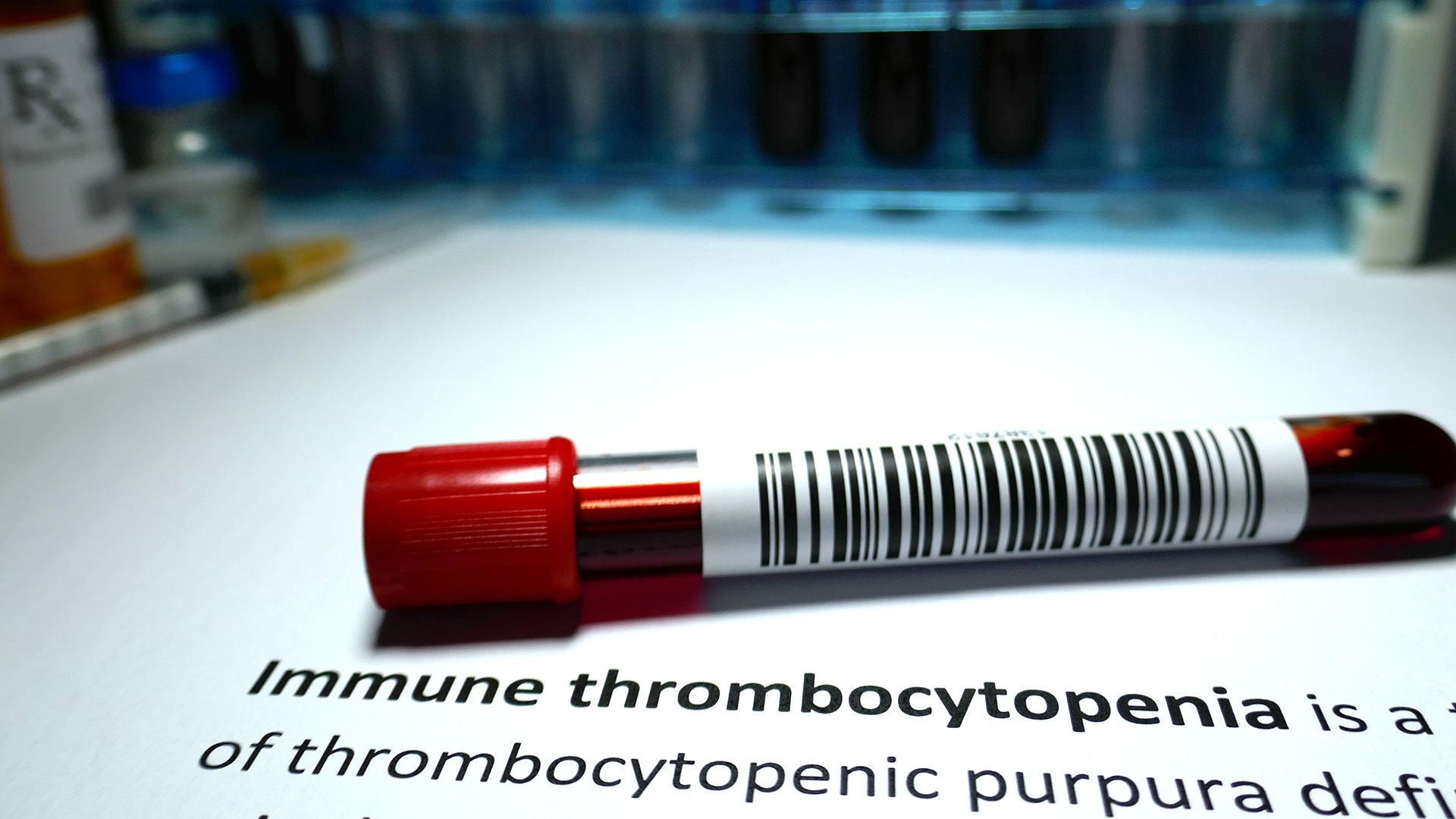
article
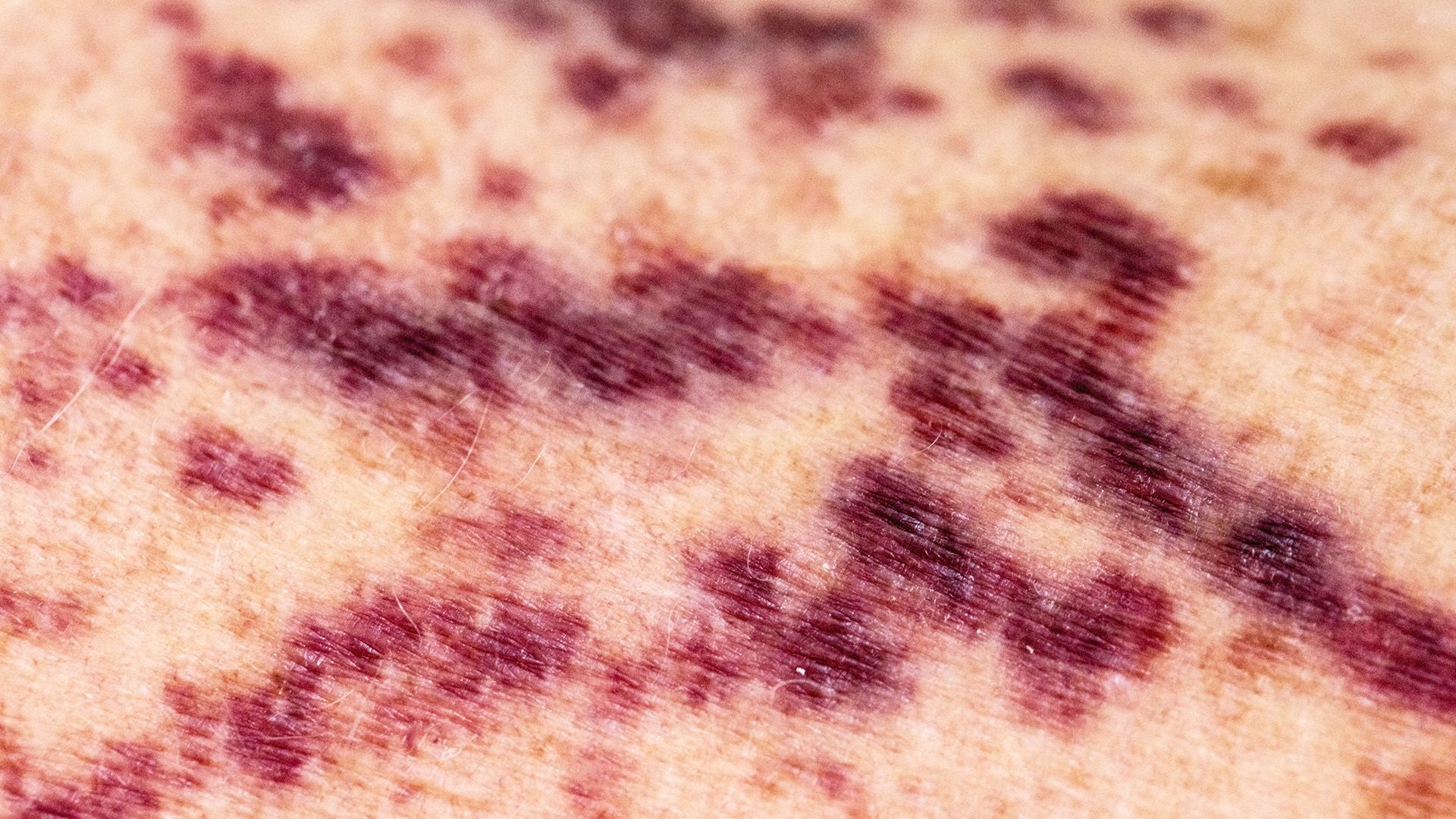
article
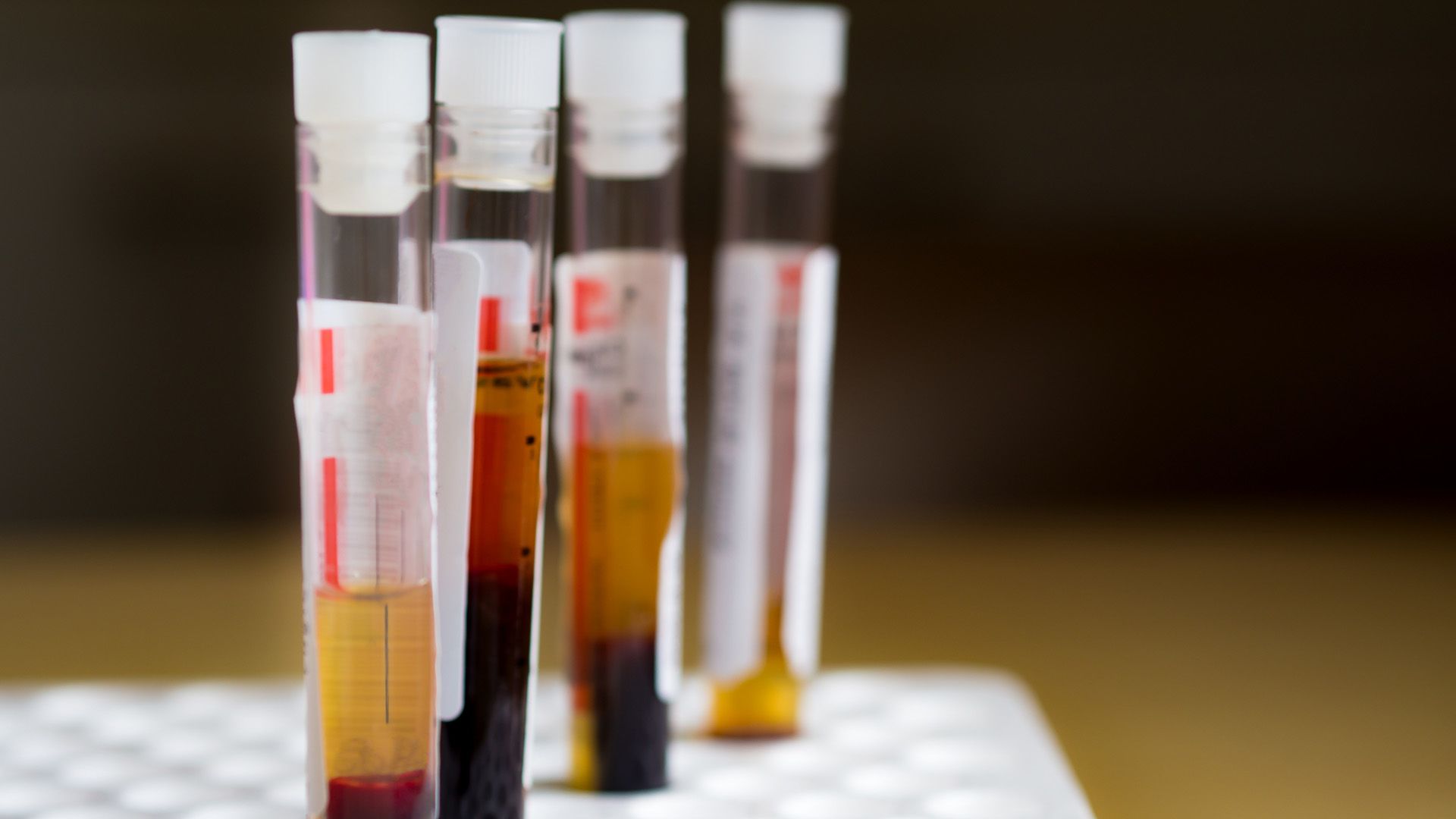
article
